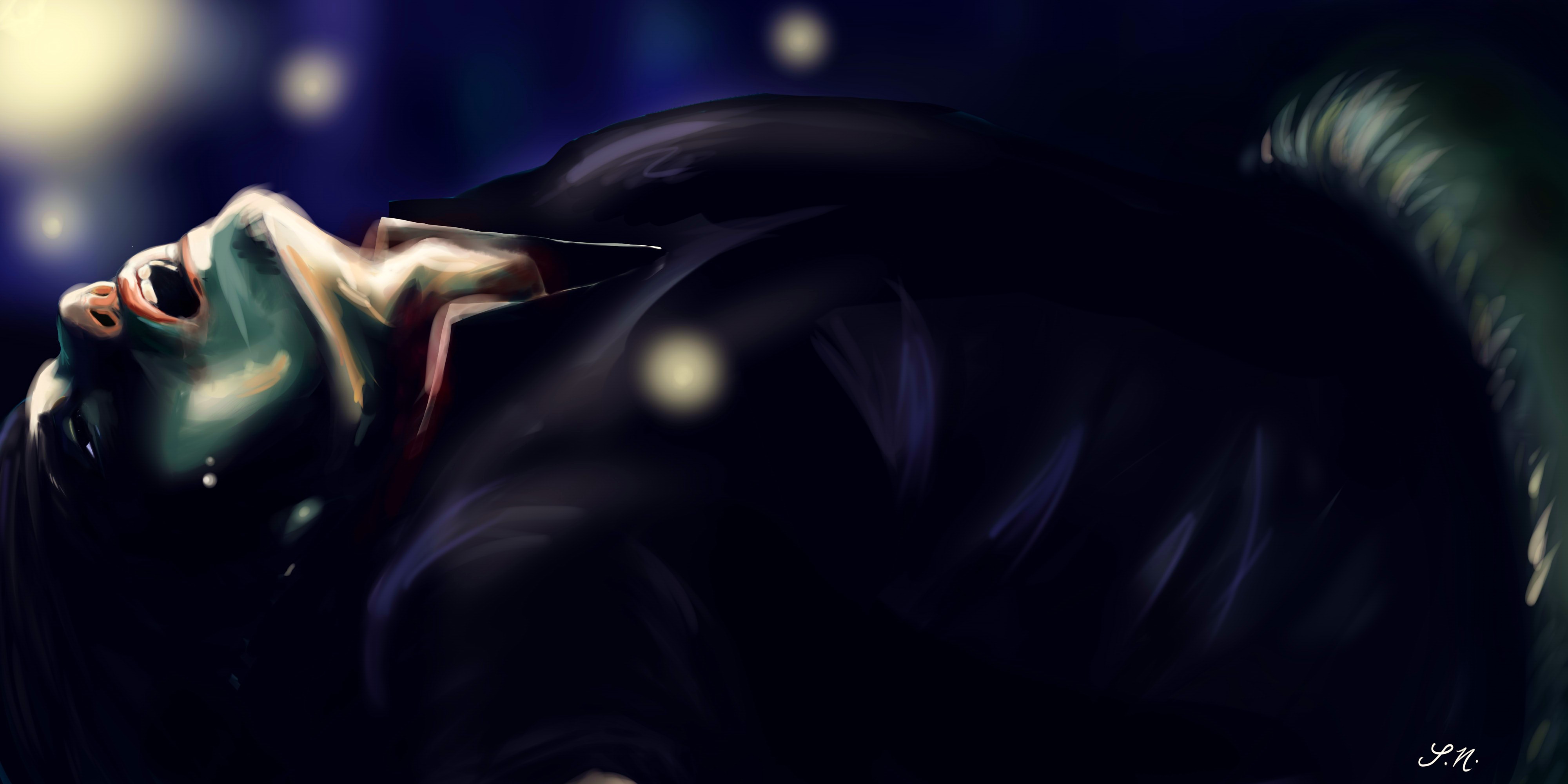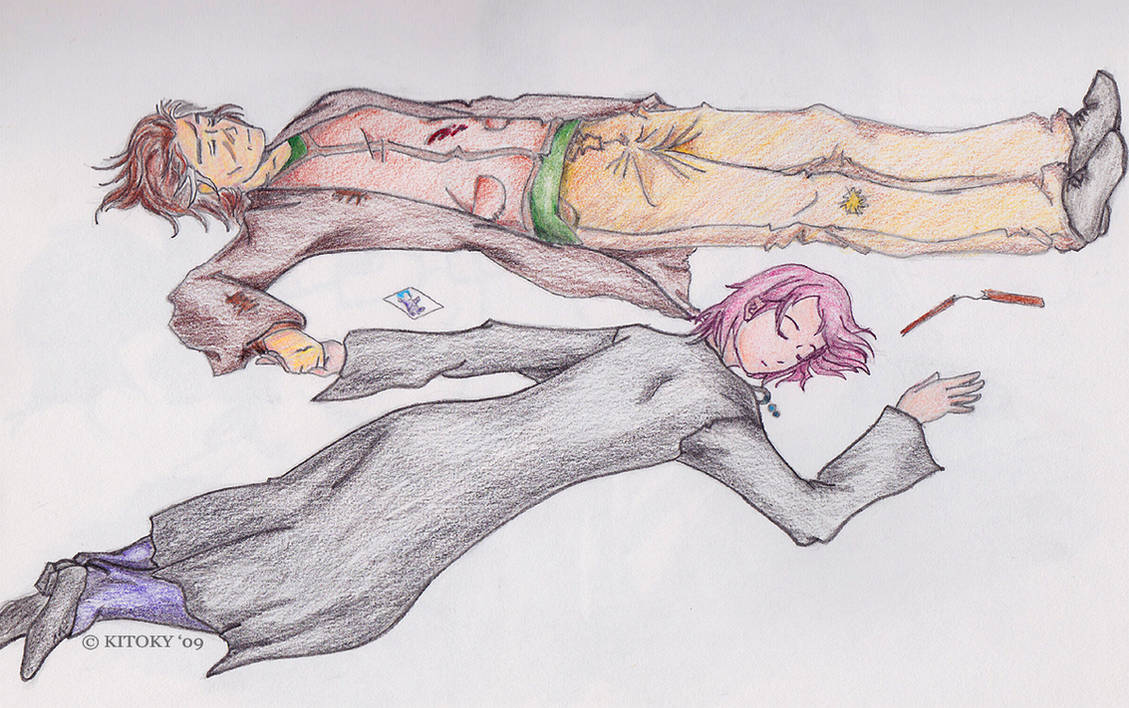And now, for the re-read! We are picking up with Chapter 2: “The Vanishing Glass.” (Here’s a recent discussion of Chapter 1).
When I wrote about the chapter 10 years ago, I focused on fairy tales of abuse (see The Boy Who Lived (in a cupboard under the stairs)) and on wandless magic and Parselmouths (see ‘I Won’t Blow Up the House!’).
So let’s look at this chapter from a slightly different angle.
Muggle Power / Wizard Powelessness:
Ostensibly, all the power belongs to the Dursleys. They keep Harry locked up in a small cupboard, allow him to be subjected to physical abuse, and reduce him to a life of servitude. Their conscious attempt to thwart the wizarding power they know resides within him ironically forces his magic to find a wandless outlet that Harry cannot control. In other words, as a result of the Dursley’s choice to repress his power, Harry is rendered powerless over his power.
The stories of Ariana Dumbledore and Credence Barebone (“Aurelius Dumbledore”?) demonstrate that the consequences of uncontrolled magic can be potentially tragic. Thankfully, for Harry Potter, his lack of control mostly leads to shock and additional Dursley abuse. After Dudley lands Harry on his back in the Zoo’s Reptile House,
Harry sat up and gasped; the glass front of the boa constrictor’s tank had vanished. The great snake was uncoiling itself rapidly, slithering out onto the floor. People throughout the reptile house screamed and started running for the exits.
Harry never casts a spell to release the snake. His magic simply responds to unexpected stress by vanishing the glass. And had the snake been of a mind to be more aggressive, people could have been hurt or killed.
Not Voldemort’s Snake
A popular fan theory claims that the Boa Constrictor Harry’s wandless magic inadvertently releases becomes Voldemort’s pet snake, Nagini. It would be supremely ironic if this were the case, given that in the endgame Nagini is the final Horcrux that needs to be destroyed.
From Harry’s conversation with the snake, we learn that it should have been born in Brazil but was bred in the zoo:
“Where do you come from, anyway?” Harry asked. The snake jabbed its tail at a little sign next to the glass. Harry peered at it. Boa Constrictor, Brazil. “Was it nice there?” The boa constrictor jabbed its tail at the sign again and Harry read on: This specimen was bred in the zoo. “Oh, I see so you’ve never been to Brazil?”
By pointing Harry to the sign, the snake agrees with the museum’s statement of its origins, yet as we know from its exit line, it longs for Brazil:
As the snake slid swiftly past him, Harry could have sworn a low, hissing voice said, “Brazil, here I come. . . . Thanksss, amigo.”
The theory of a connection between these two powerful snakes may have been plausible if Nagini had been born a snake in captivity. Yet we know from The Crimes of Grindelwald that Nagini is a Maledictus, born human and presumably originating in Indonesia. Consequently, she cannot have been bred as a snake in a London zoo.
The fan theory is further smashed by JKR herself. On her Twitter feed, Rowling writes:
And what do we know of this snake’s personality? All of its interactions with Harry indicate that it has a sense of humor. And even its treatment of Dudley and his friend Piers shows that it really holds no malice:
As far as Harry had seen, the snake hadn’t done anything except snap playfully at their heels as it passed
I thought I’d mention this now because we’ll want to remember our first interaction with a snake when we start to talk about Slytherin in Chapter 5. Snakes are not inherently scary. They are not inherently demonic. They are not inherently in league with the devil or in league with Voldemort. Sometimes, they’re just bred in a zoo and want to be free to go home. In fact, this snake’s liberation parallels the liberation Harry longs for.
Wizard Power and the Power of Love
This chapter ends with one of the most heartbreaking, yet hopeful, passages in the first book. Here’s the heartbreak:
When he had been younger, Harry had dreamed and dreamed of some unknown relation coming to take him away, but it had never happened; the Dursleys were his only family.
And here’s the hope:
Yet sometimes he thought (or maybe hoped) that strangers in the street seemed to know him. Very strange strangers they were, too. A tiny man in a violet top hat had bowed to him once while out shopping with Aunt Petunia and Dudley. After asking Harry furiously if he knew the man, Aunt Petunia had rushed them out of the shop without buying anything. A wild-looking old woman dressed all in green had waved merrily at him once on a bus. A bald man in a very long purple coat had actually shaken his hand in the street the other day and then walked away without a word. The weirdest thing about all these people was the way they seemed to vanish the second Harry tried to get a closer look.
In the Muggle world, Harry – like the Zoo’s Boa – is on his own. In the Muggle World, he is an avatar for bullying, abuse, and isolation. Yet, this passage also hints at a bigger world, where Harry is viewed as a hero. It’s only hinted at in this chapter because we’re seeing it through Harry’s eyes, and Harry has no idea what it all means. In the first chapter, though, we got a more omniscient view, with the celebrations taking place and the toasts to Harry’s name. The Wizarding World clearly believes Harry to be so powerful that even as a baby he could defeat Voldemort.
Yet once again, Harry’s power is not the point, and the Wizarding World’s belief in it is a misplaced hope. The magic of Lily’s love – of her self-sacrifice for her powerless child – is what had made Voldemort disappear 10 years earlier.
In a very real way, Harry’s greatest power at this point in the story is his own powerlessness.
At-Home Video Reading: If you want to hear / watch this chapter read by the actress who played Hermione on the stage, check out Chapter 2: The Vanishing Glass at Wizarding World.
More on Nagini: On the day The Crimes of Grindelwald trailer dropped and revealed the truth about Nagini’s origins, Rowling claimed to have known Nagini’s backstory many years earlier:
 =
=

